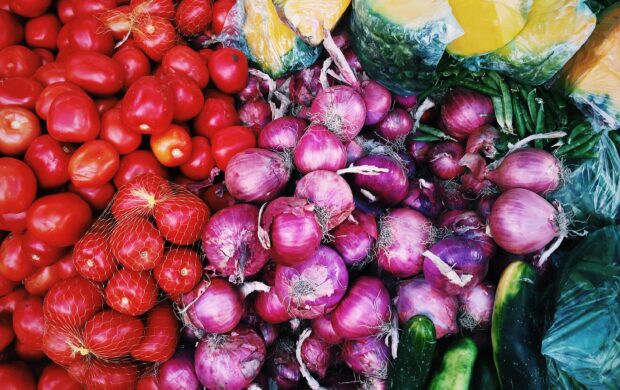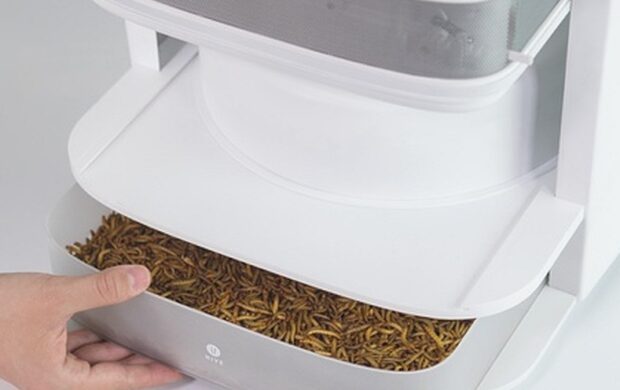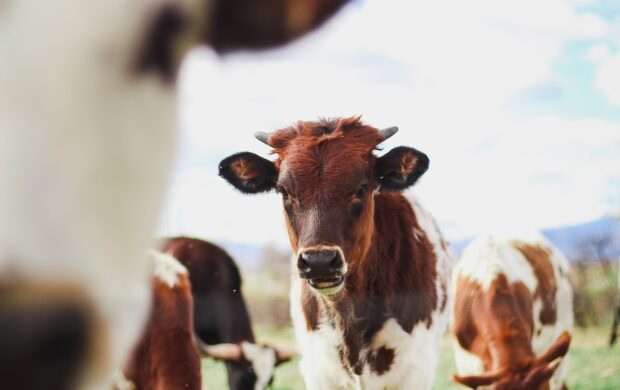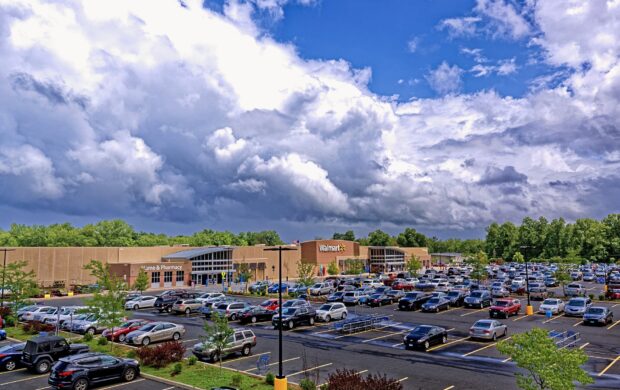Buying good quality meat can be very expensive. But ‘meat shares’ – clubbing together to buy a whole cow or sheep directly from the farmer – can be a cost effective solution, provided you have the storage space.
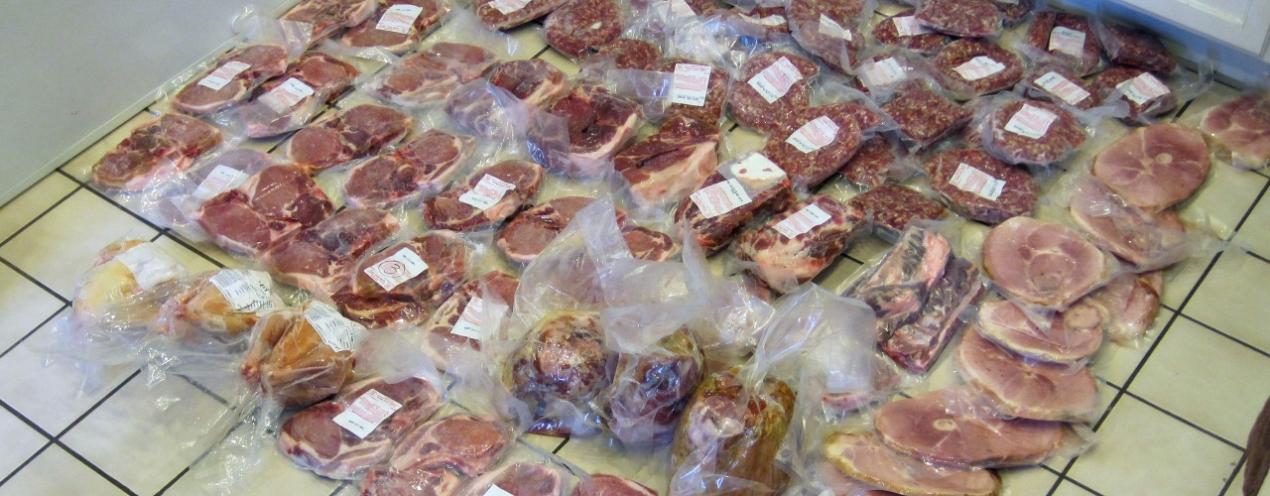
Meat community-supported agriculture schemes are growing in popularity in the US. However many apartment dwellers face the issue of how to store bulk purchases of meat with only limited freezer space. Inspired by a system popular in the 1940s, Matt LeRoux, an agricultural marketing specialist, launched the Meat Locker Project, a pilot scheme aiming to provide a community solution to the storage problem.
The Meat Lockers, established in Ithaca and Corning, NYC are walk-in freezers in which consumers can use to store their bulk purchases. The space can be used by around 100 members, each paying a fee of between $3 to $5 a month for storage.

